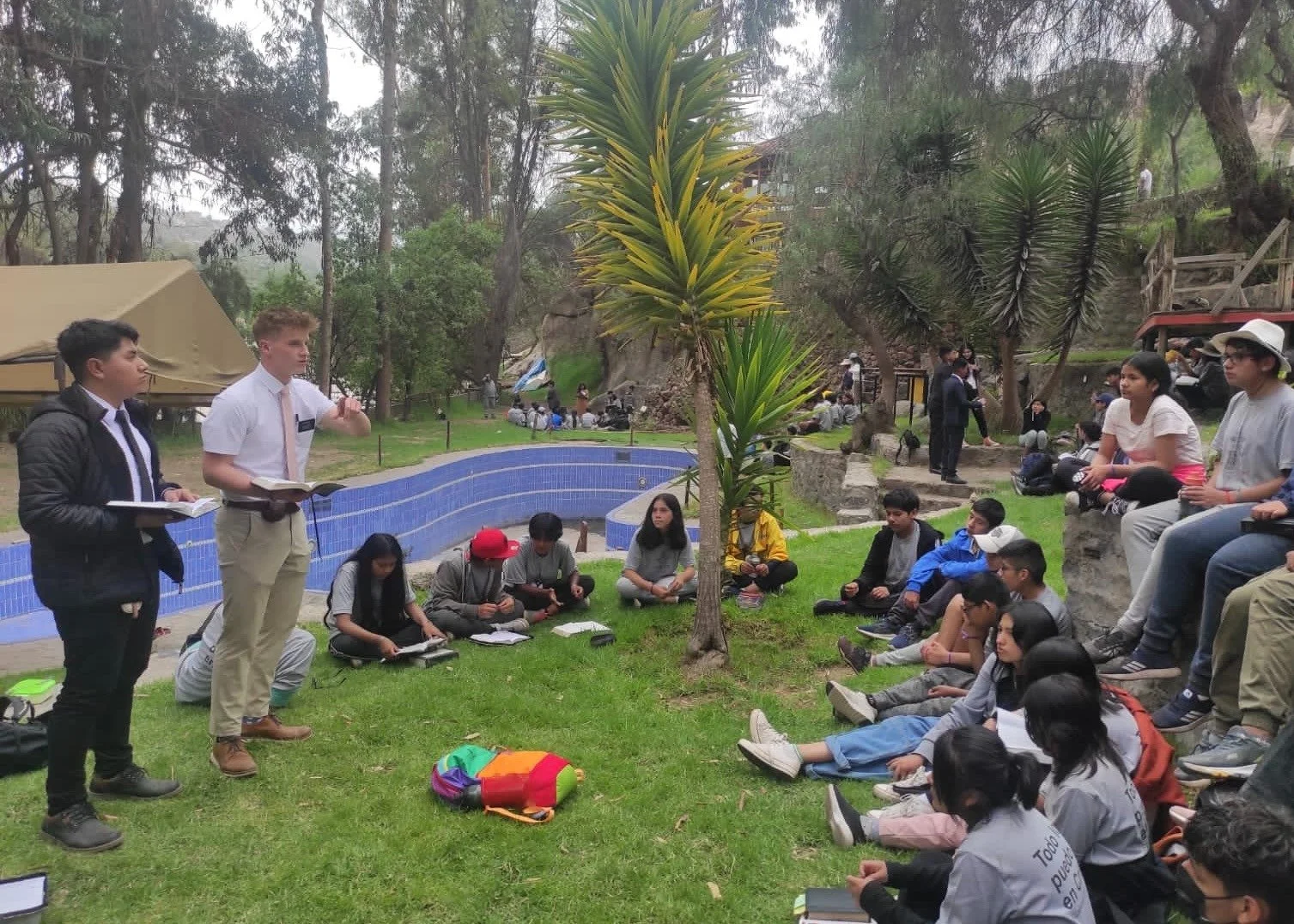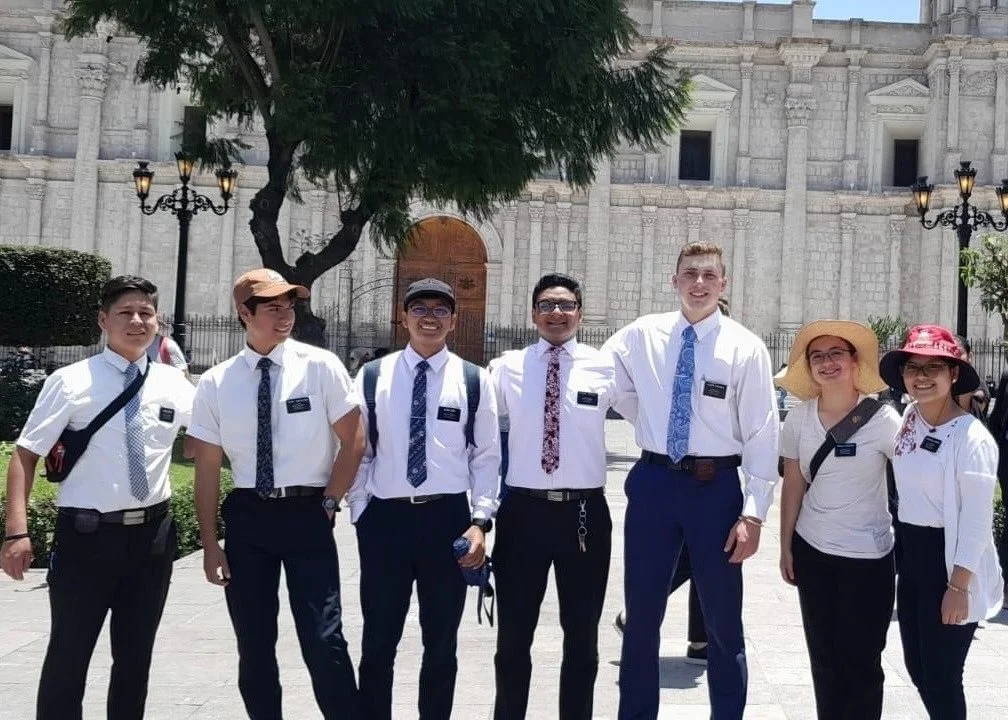He hath anointed me to preach the gospel to the poor.
As I was studying the scriptures this past week, I had an amazing experience of learning what I want to share. I was reading in Luke 4.
“16 ¶ And he came to Nazareth, where he had been brought up: and, as his custom was, he went into the synagogue on the sabbath day, and stood up for to read. "
So the setting is that Jesus was in the early part of his ministry and was visiting his home ward or church congregation in Nazareth. As was tradition, he was given the scriptures to read, and he opened them up to what we now know as Isaiah 61. This scripture is the same as the one that He quoted in Luke. It is significant because it specifies the role of the Promised Messiah for which the religious Jews were anxiously waiting for at the time. It says:
“18 The Spirit of the Lord is upon me, because he hath anointed me to preach the gospel to the poor; he hath sent me to heal the brokenhearted, to preach deliverance to the captives, and recovering of sight to the blind, to set at liberty them that are bruised,
19 To preach the acceptable year of the Lord.”
After Christ read these short verses, He closed the book and gave it to the minister, and then he sat down. Then Luke says that all eyes were on him. I’m sure they were shocked by how short his discourse had been! Then Jesus said, “This day is this scripture fulfilled in your ears.” Not only did he read the mission of the Savior of the World, but He also declared that He was himself the Savior of the world.
This made his “home ward” or the people of the synagogue angry and Luke says that they were filled with wrath, and they tried to stone him, but he got away. Times like this make me wish the Bible had a few more details in their stories. Wouldn’t you like to know how he got away? I do! Anyway, I was curious as to why they were so outraged, and I’ll admit that I didn’t entirely understand the scripture at first. So, I decided to study more and look at the footnotes and topical guide for clues. I soon realized that as I looked beyond the words, and searched for meaning in the symbolism, I was taught much about the nature of our Savior and his mission. I would like to share a few of my ideas with you from my personal scripture study.
For organizational purposes, I took out each phrase from Luke 4:18-19 (italicized) and then shared my thoughts that came as I studied and pondered them separately. The sentences bolded are a summary of my thoughts.
Luke 4:18 The Spirit of the Lord is upon me, because he hath anointed me to preach to the poor;
The words in this verse state that the Savior was sent to teach the gospel to the poor, but it is obvious that he taught to people from all stations, not just to those without money. I then thought about the little remote villages here in Peru that we travel through where people live without any means for transportation. I often wonder how God will gather them as well. Yes, they are very poor, but their biggest hindrance is their lack of opportunity. This is what makes them poor. That being said, the Savior came to preach to those who never had the opportunity to hear or participate in the Gospel of Jesus Christ.
“he hath sent me to heal the brokenhearted,”
I looked up the word “brokenhearted" in the dictionary and learned that it refers to those overwhelmed by grief or disappointment. Or in other words, those that have lost hope. I then thought of people who feel this way and why. Perhaps it is due to the death of a loved one, or an unrelenting chronic illness, or it could be someone who looked for God, and couldn’t find him. This would imply that the Savior came to heal those overwhelmed by disappointment and who have lost hope.
“to preach deliverance to the captives, “
From the footnotes, I learned that “deliverance” means the remission of sins and “captives” refers to those in spiritual bondage after death. Much can be learned about this in the Doctrine Covenants section 138 in which there is an account of a vision of the afterlife given to President Joseph F. Smith on October 3, 1918. This means that the Savior was sent to preach remission of sins to the dead who are in spiritual bondage. As members of the church, we value the work in the temple for those who died without ordinances and as a result remain in spirit prison until these ordinances are performed by others who act as proxy. Just as Christ suffered for our sins, others can help liberate the captives. This is a powerful doctrine that when taught brings much peace to those who have lost loved ones.
“and recovering of sight to the blind, “
When Christ came, he healed people with various afflictions, not just the blind. So, I thought about ways the word “blind” is used in the scriptures. Often it is used to refer to people who cannot see or recognize the gospel of Jesus Christ. (3Nephi 2:1) I also noticed that in the Spanish translation of the bible it says, “give sight to the blind,” but in the English King James Version it says, “recover the sight to the blind.” I think the word “recover” is important because it refers to something that was lost. Perhaps this describes how the Savior came to preach to those who fell away or went inactive from the gospel for various reasons.
“to set at liberty them that are bruised,”
I first learned that liberty means to be free from bondage and sadness. I then looked at the word bruised, and it can mean damaged. I then thought of those who feel damaged or bruised and how they can’t seem to escape their pain for which it makes it difficult for them to move forward with their lives. These people are often the abused or those who suffer from the effects of trauma. Perhaps the Savior came to heal those who are bruised by abuse or trauma so that they can be liberated from their sadness through the Gospel of Jesus Christ.
“19 To preach the acceptable year of the Lord.”
Honestly, at first, I had no idea what this last phrase of the sentence meant, so I turned to John 12:47 as indicated in the only footnote and it says:
“47 And if any man hear my words, and believe not, I judge him not: for I came not to judge the world, but to save the world.”
Jesus’ statement here is so plain, yet we often regard him as being our judge therefore a god to be feared and to cause us shame. If we truly want to know our Savior and how he is, we should focus on His love and His mercy and how he wants to gather ALL of his children in every circumstance. That is the message and beauty of His Gospel. I love the testimony shared by Sister Kristin M. Yee from our last General Conference (October 2022) when she said, “ To all who are brokenhearted, captive, bruised, and perhaps blinded by hurt or sin, He offers healing, recovery, and deliverance. I testify that the healing and recovery He offers is real.” I would like to add my testimony to this as well. As representatives of Jesus Christ, missionaries are asked to reach out to all of his children because the Savior’s mission is our Mission. Right now, this is my opportunity as well as my pleasure.



